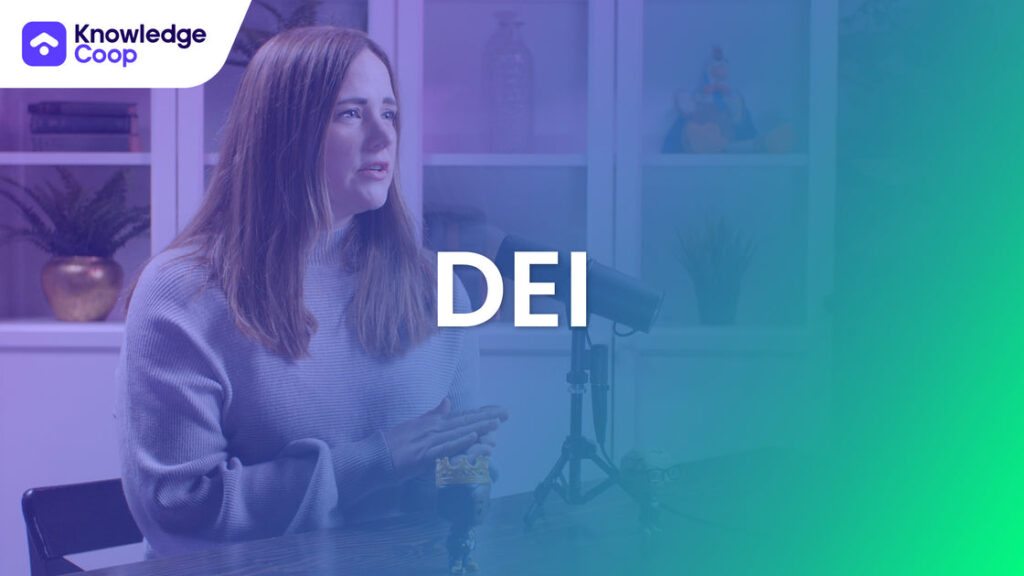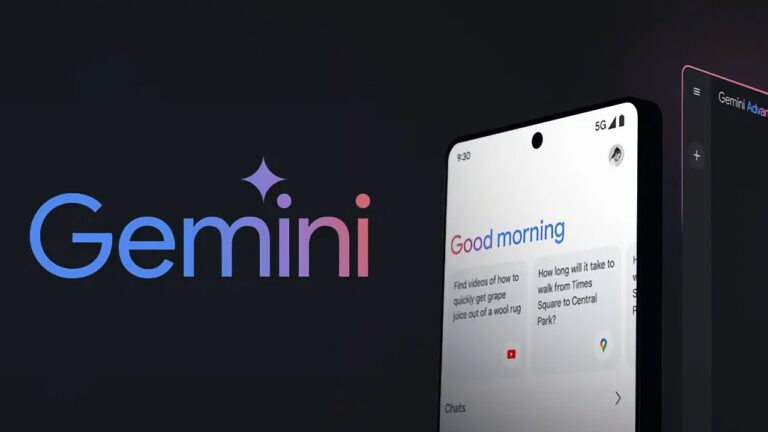
Google’s Decision on Diversity, Equity, and Inclusion: What It Means for the Future
In recent weeks, Google, one of the world’s biggest tech companies, announced a significant change to its workplace policies. The company has decided to eliminate its diversity, equity, and inclusion (DEI) recruitment targets. This news has sparked many discussions and debates about the importance of these initiatives in large organizations. Let’s dive into what this means and why it’s essential, not just for Google, but for society as a whole.
Understanding DEI: Why It Matters
Before we move further, let’s break down what DEI means. Diversity refers to having people from various backgrounds, including race, gender, age, and more. Equity means ensuring fair treatment, opportunities, and advancement for everyone, factoring in the unique challenges that different groups may face. Inclusion involves creating environments where all individuals feel respected, valued, and able to contribute.
In a world where schools and workplaces are made up of people with varying backgrounds and experiences, DEI initiatives aim to make everyone feel they belong. In a diverse workplace, employees can bring their unique perspectives, which can lead to greater creativity, innovation, and ultimately better results. Companies often see the benefits of DEI, reflected in improved team performance and higher employee satisfaction.
Google’s Shift in Approach
So, what happened with Google? According to their latest investor report, the company no longer includes previous commitments to integrate DEI across its operations. This is pretty huge! Just a few years ago, Google had set ambitious goals to increase representation among underrepresented groups in leadership roles. This change might seem shocking to many, especially as companies globally have been stepping up their DEI efforts in recent years.
This decision appears to align with an emerging trend among several major US companies. Not only Google, but others like Meta (formerly Facebook) and Amazon have also decided to roll back their DEI targets. However, Apple stands out by maintaining its commitment to these initiatives. This raises questions about why these corporations are making such drastic changes and what it means for DEI efforts across various sectors.
The Broader Opposition to DEI Initiatives
To understand these shifts, we need to look at the broader political and social context. In recent years, there has been increased scrutiny over DEI programs. Some influential figures, including former President Donald Trump, have voiced strong opposition. They argue that such initiatives may discriminate against individuals based on their identity, rather than focusing solely on merit-based hiring. This ideological battle over DEI has played a significant role in shaping how companies perceive and implement these programs.
While supporters of DEI initiatives argue that they create a more just and equitable workplace, opponents believe that they can lead to reverse discrimination or create a sense of division among employees. These opposing views have sparked intense debate, making it challenging for some companies to navigate their policies.
The Impact on the Workplace and Society
The removal of DEI targets by major corporations like Google could have far-reaching effects. On one hand, it might seem that companies believe they are doing an excellent job by focusing solely on skills and qualifications. However, without intentional efforts to diversify the workforce, it’s easy for organizations to fall back on existing biases and create homogenous environments.
Research has shown that diverse teams outperform homogeneous teams when it comes to problem-solving and innovation. When people from different backgrounds come together, they can challenge each other’s viewpoints and offer fresh ideas. This leads to better decision-making and more creative solutions to complex problems. By abandoning DEI targets, companies risk missing out on the significant benefits that diversity brings.
Moreover, the public perception of companies can shift dramatically. In a time where social justice and equity are at the forefront of discussions, commitment to DEI is often viewed favorably by customers and stakeholders. Companies that actively work to create inclusive environments can attract customers who prioritize ethical business practices.
What About Google’s Future?
Despite its change in DEI targets, Google insists that it remains dedicated to fostering equal opportunities within its workplace. A spokesperson for the company mentioned that they are still navigating the implications of recent legal and political developments surrounding DEI policies. It’s important to note that while they may eliminate formal targets, this doesn’t necessarily mean they will stop focusing on diversity and inclusion altogether.
Fostering an inclusive work environment is more than just meeting quotas; it’s about creating a culture where every employee feels they belong. Continuous training, mentorship programs, and open discussions about race, gender, and equity can help maintain a commitment to diversity even without specific targets.
The Role of Employees and Young People
For employees and young people entering the workforce today, it’s crucial to remain aware of the ongoing dialogue around DEI. As future leaders, your role in advocating for diversity and inclusion will be paramount. Many young professionals prioritize working for companies that align with their values and reflect a commitment to social responsibility.
If you find yourself in a workplace that lacks diversity, don’t hesitate to voice your concerns. Engaging in conversations about DEI and advocating for better practices can contribute to positive change. Born in a world increasingly aware of these issues, your generation has the power to shape the future and take a stand for equity and inclusion in whichever professional field you enter.
Final Thoughts: How Can We Move Forward?
The recent changes in corporate DEI policies, particularly at major players like Google, raise essential questions about the future of diversity and inclusion in the workplace. While big corporations may step back from their commitments, the importance of fostering an inclusive and equitable environment has not diminished.
As we see the landscape of corporate America shift, it’s more important than ever to encourage open discussions about diversity, equity, and inclusion. Each individual has a role to play in this journey, whether you’re an employee, a student, or someone navigating the job market.
What are your thoughts on the shift in DEI initiatives at Google and other companies? Do you think it’s a step backward or a move toward focusing on skills and qualifications alone? I’d love to hear your opinions! Please leave your thoughts in the comments.






